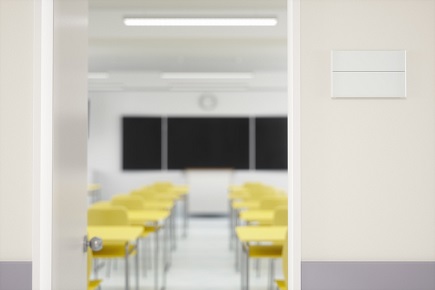
Should a private school be allowed to put its shares on the local stock exchange?
Singapore International School of Bangkok (SISB) is under fire after it debuted its shares on the stock market last Thursday (29 November). It’s the first institution in Thailand to do so.
The school may face possible court scrutiny after a local politician filed a legal petition. The court will retrieve more information before deciding to proceed with the case.
Critics are accusing it of seeking profit at the expense of education. Some argue that if it’s listed on the market, it should be taxed.
Private schools in Thailand are exempted from paying taxes due to a government initiative to raise educational standards.
SISB chief executive Kelvin Koh stated that the move was approved by the Ministry of Education.
“We have complied with the regulations,” he told the Straits Times. “Currently, people have a misconception. We are investing. We are not taking profit first.”
He explained that SISB is seeking funds to expand and improve the quality of its teaching and learning.
“We need funding to continue growing,” he said. “We make a lot of investments, like performing arts centres and sports complexes.”
The school currently has five campuses in Thailand and about 85% of its students are Thai.
Koh also denied allegations that fees would spike because of the stock listing.
“We are trying to be affordable for the community,” he said. “Every time we increase fees we need to send it to the Ministry of Education for endorsement.”
Educationists say Thailand’s neglected public school system had pushed local parents with the means to send their children to private school.
The legal petition was thus filed to prevent a worsening gap in Thailand’s education.
“After you raise funds [from the stock market], you hire good professors to teach and you can raise your fees,” said Juti Krairiksh, who filed the petition in his personal capacity.
“This would raise the inequality in institutions and the poor will have fewer and fewer choices.
“It’s not the company that I am targeting. It’s symbolic. If this one gets through, many other schools would follow.”
Although not a common practice, there have been cases of private schools going on the local stock market. One instance is that of the Overseas Family School in Singapore, which listed its shares in 2013 to raise funds for a new campus.


